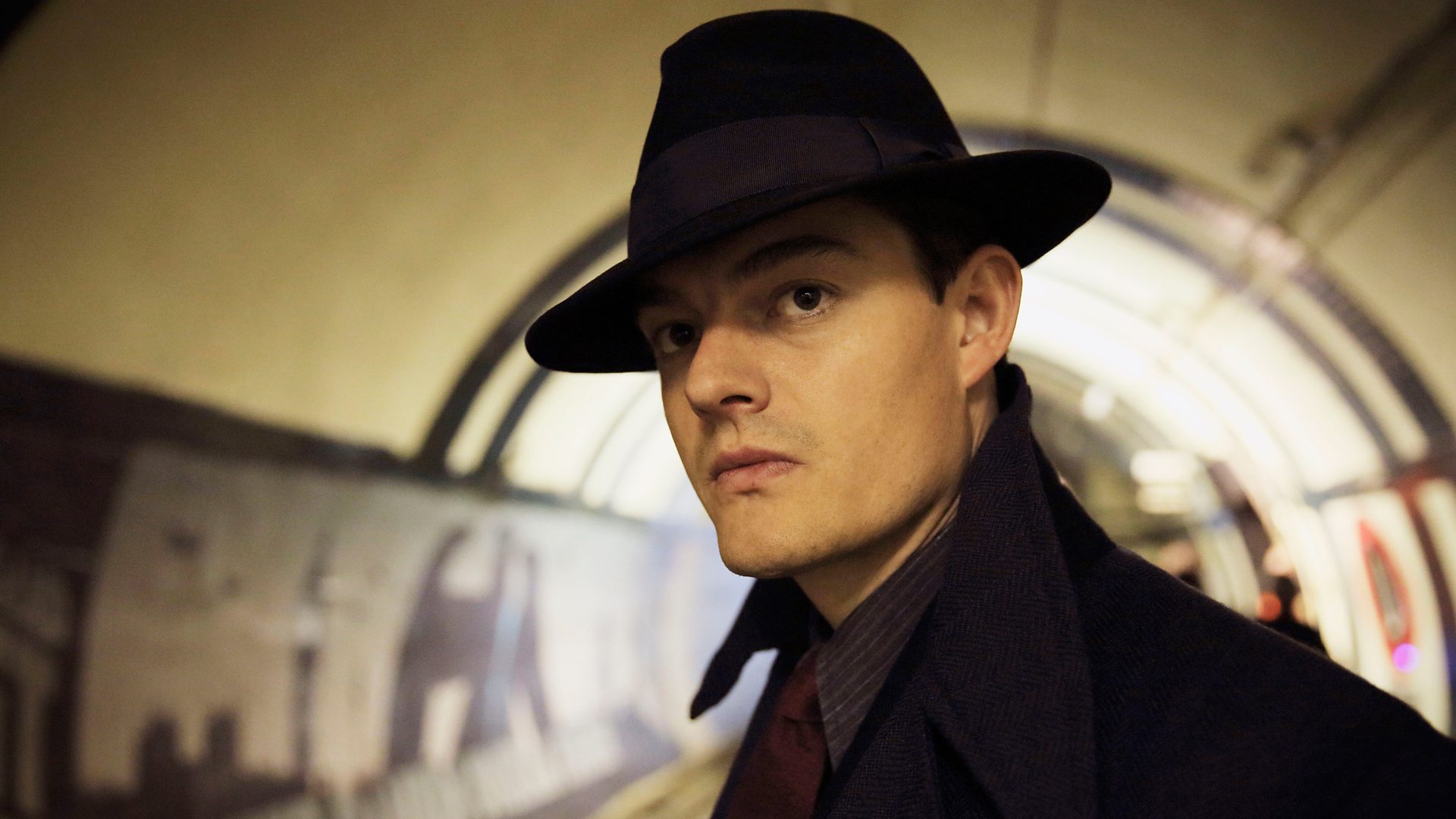Our understanding of the modern world is often conducted in terms of being post-1945, making WWII the pinnacle of modernity. It is, therefore, quite difficult to imagine what the contemporary political landscape would look like, had the Germans won the Battle of Britain in 1940. Fresh from the BBC, original drama SS-GB aims to create an image of Britain under Nazi rule, and everything is in complete reverse.
First, a bit of historical context: the Battle of Britain was a WWII Anglo-German conflict, which began in July and ended in October 1940, though there is much intellectual debate around these dates. Many historians suggest that fighting began in June 1940, and ended in June 1941. Regardless, the primary aim of this conflict remains the same; the Germans aimed to compel Britain to agree to a peace settlement. Britain was successful in defending her own soil, and thus the Nazis were unsuccessful in their invasion and establishment of power on British territory. Len Deighton’s 1974 novel, on which the TV series is based, completely reverses this part of history by depicting a world in which the Nazis won as early as 1940.
The originality of this television series cannot be understated; the BBC have simply never produced anything like it. The series follows superintendent Douglas Archer, played by Sam Riley, and his role in the newly-formed Nazi occupation of Britain. Arguably, the events of the programme were slow to unravel in the first episode. Nonetheless, this arguably slow start to the series might actually be necessary for something as pioneering as this. The reality of historical events is often that their implications do not immediately unravel, but take a few weeks (or hours, in the case of a TV series) to truly gain momentum. Not all hope is lost for the rest of the series.
Riley himself must be given great appraisal for his role as Douglas Archer, a character who is constantly treading a fine line between complying with the Germans and keeping his job, and safeguarding his children from the realities of a Nazi-occupied Britain. Despite complaints about the programme being “too quiet” possibly impeding the ability of many to actually hear what Riley is saying, I highly doubt that this distracts from his acting capabilities. A slight fault comes in the form of the mechanics of the editing, and not an overall judgment of Riley’s talent as an actor.
Much meaning lies in the clever use of camerawork. Dark shots dominate the TV screen, creating the archetypal feel of a wartime drama. Paired with Douglas’s strategic positioning of his hat, often covering much of his face with shadow, the sentiment of uncertainty which often goes hand in hand with a wartime drama is successfully achieved. Tune into BBC One at 9 pm on a Sunday night to catch more of Douglas’s hat antics and edgy shadow shots.
Eleanor Noyce
(Image: BBC)

